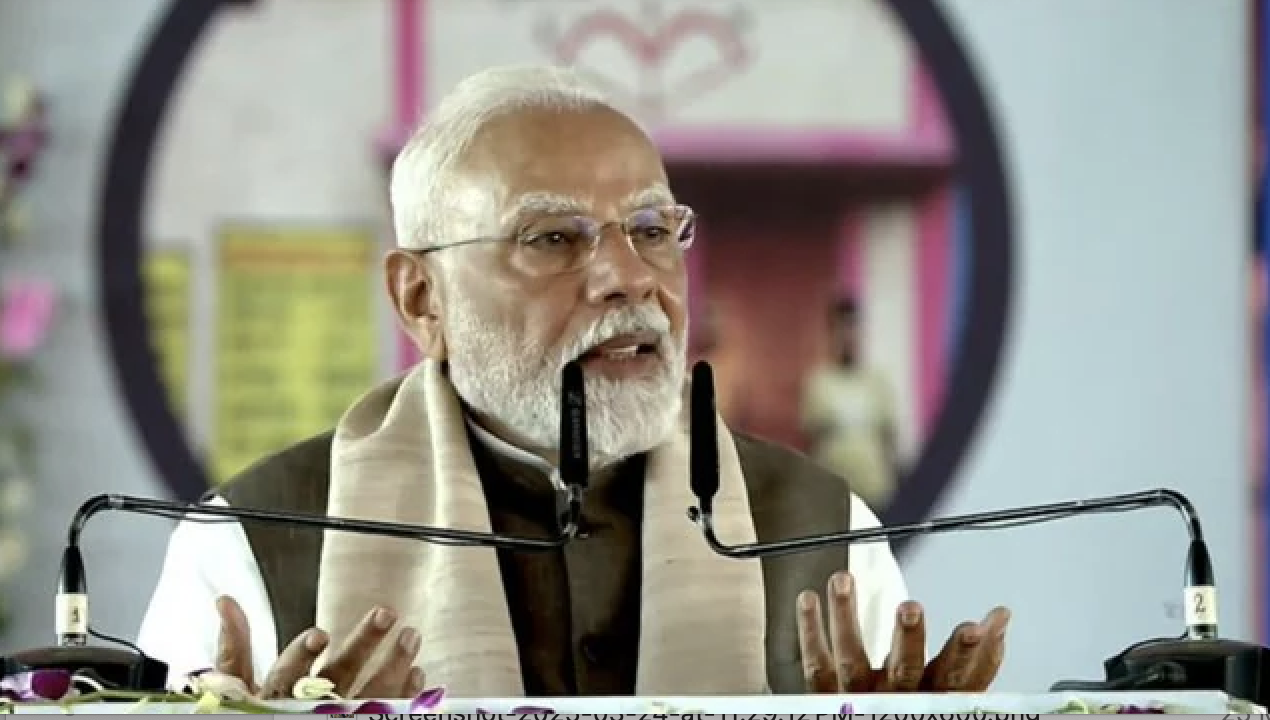
Last month, I sat with two FBI agents in Washington, DC for at least two hours to discuss my experiences as a victim of transnational repression by India’s Hindu nationalist (“Hindutva”) government. Along the way, I also mentioned that I was there in DC to visit U.S. Senate offices and advocate against the confirmation of former Congresswoman Tulsi Gabbard as the Director of National Intelligence.
I did do that. I visited 25 Senate offices, and spoke at length with many staffers specializing in national security and intelligence areas. Every one of them was fascinated and disturbed by what I shared: that the foundation of Tulsi Gabbard’s national political career was support from U.S. affiliates of the Hindutva movement.
One staffer suggested that Gabbard’s intimacy with Hindutva ought to be examined from a counterintelligence perspective.
I failed. Gabbard was confirmed on 12 February 2025 by a Senate vote of 52-48. Only one Republican Senator, Mitch McConnell, broke party ranks to vote against her. Others who were considered “swing votes,” such as Senators Todd Young and Lisa Murkowski, offered their “ayes.”
Both had stood on principle to vote against Pete Hegseth as Secretary of Defense. What bought Murkowski’s vote is anyone’s guess, but Elon Musk denouncing Young as a “deep state puppet” before having a private call with him was undoubtedly the key factor in his pro-Gabbard vote.
Gabbard’s confirmation was on the rocks for much of the time leading up to the final vote. Senators were upset about a wide range of far more mainstream issues than the Hindutva allegiance which I discussed. Most of these issues — Assad, Putin, Snowden, and more — were raised on the floor by multiple Democratic senators in the hours before the vote.
This story was originally published in countercurrents.org. Read the full story here.






